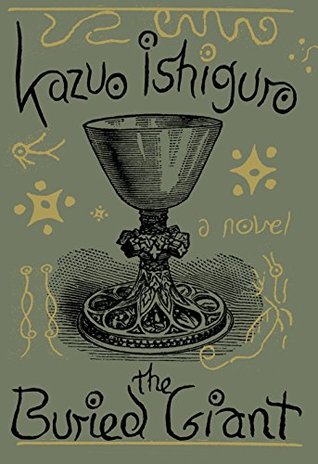Next week Keith Taylor weighs in with a wonderful tribute to what’s lighting him up (a clue: it has wings). Until then, here’s what I’ve been enjoying this week:
Millions of people have been lit up this spring by the singer/songwriter Joshua Davis, who is one of six remaining contestants on the television talent show, “The Voice.” Joshua, who lives in Traverse City, Michigan, is friends with my son Aaron Dennis and daughter-in-law Chelsea Bay Dennis, and is one of those people who spreads warmth and good will everywhere he goes. His folk/contemporary roots music, his brilliant guitar playing, and his soothing yet edgy vocals are finding a huge and appreciative audience. His rendition of “America” is the best I’ve heard and may have introduced an entire generation to Simon and Garfunkel. And speaking of The Voice, how crazy is it that fellow contestant Sawyer Frederick performed a song this past Monday evening that was written by the singer/songwriter May Erlewine, who lives in northern Michigan and is a close friend of Joshua Davis’s. See May and Seth Bernard perform it here.
______

If you’ve read The Remains of the Day you probably assume you know the British novelist Kazuo Ishiguro. But maybe not. His new novel, The Buried Giant, is a fable set in post-Arthurian England and features an elderly couple in a village run by a totalitarian committee so strict that they refuse to grant elders the use of candles because they are so old they shouldn’t need them. The couple sets off across the land in search of the son they haven’t seen in years and have nearly forgotten (because a mist of forgetfulness has fallen over the land; rumors say the mist was caused by the breath of a she-dragon.) Their quest leads them to an ogre trapped in a ditch—he had been minding his own business, sitting on the bank above the ditch munching on a goat, when some children pushed him in—and to an encounter with truly terrifying pixies that crawl from a river and swarm over the old woman when she falls asleep in the bottom of a tub while drifting with the current. They meet King Arthur’s last remaining knight, decrepit with age but still mounted on his war-horse and wearing his armor, who patrols the countryside determined to slay dragons though he is apparently in no hurry to do so. It is a strange and mesmerizing novel. Sometimes it can be a bit of a trudge, and I wish Ishiguro had cut away some of the pages of dialogue that add nothing to the story and only serve to turn the characters into gasbags. But much of the novel is so deeply imagined that it might have been pulled from the cenote where our night-dreams are born.
______
The other day I was driving to town, in a hurry to be somewhere, when Radiolab came on the radio. I ended up sitting in a parking lot listening and was late for my appointment. If you’re not familiar with this NPR program, I recommend dipping into the archives. In the words of its own website, “Radiolab is a show about curiosity. Where sound illuminates ideas, and the boundaries blur between science, philosophy, and human experience.” It offers complex long-form journalism of the kind I enjoy most and usually find only in books and a few magazines: intellectual detective stories, artfully produced, with surprising and fascinating digressions that circle back to the main storyline with illuminations stuck to them like burrs. It’s thoughtful and smart and often raises as many questions as it answers. The story that made me late, “Why Isn’t the Sky Blue?” (one episode in a series on color), addressed a question I had never thought to ask: Why is the color blue never mentioned in Homer’s Odyssey or Iliad? Many other colors are mentioned, some many times. But blue? Not once. Nor is blue mentioned in the Icelandic Sagas or many other literary documents from ancient times. Why that might be turns out to be strange and unexpected and leaves us with tantalizing questions about the relationship between language and perception. For instance: Can we see a thing if we have no name for it?


Leave a Comment